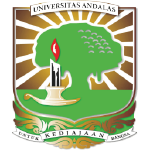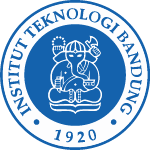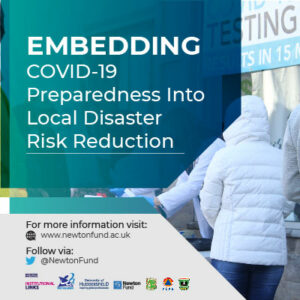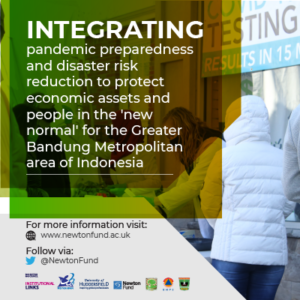Covid-19
Liaise
COVID-19 Liaise is a collaborative research project co funded by the Newton fund, UK and the RISTEK-BRIN Indonesia. This research project has two separate projects under the umbrella term of COVID-19 Liaise. These two year research projects are focusing on pandemic preparedness and local disaster risk reduction in Padang and Bandung areas in Indonesia. COVID-19 Liaise research project is led by the Global Disaster Resilience Centre at University of Huddersfield in the UK. Each project has one partner university/ research institution from Republic of Indonesia.
Co-funded by

Newton Fund, United Kingdom

National Research and Innovation Agency, Republic of Indonesia
Delivery Partner
British Council, United Kingdom
In Partnership with

University of Huddersfield, United Kingdom

Anadalas University, Republic of Indonesia


